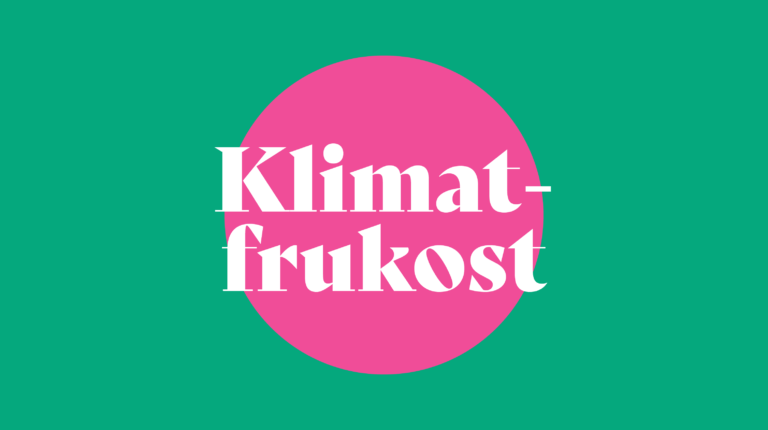#40: Resilient and sustainable food systems for climate-neutral cities in 2030

Resilient and sustainable food systems are an important part of achieving climate-neutral and climate-adapted cities and communities. How can we move from research to transition? How do we collaborate to build knowledge and understanding of the system together, and create a common vision? And how can cities contribute to food production?
